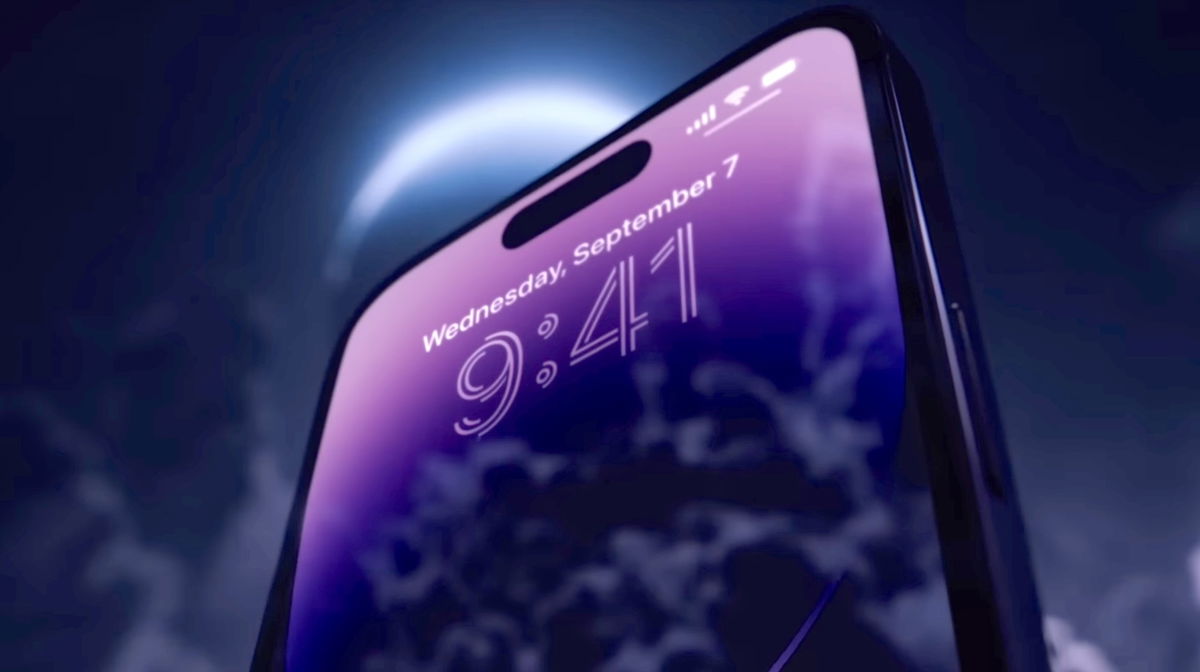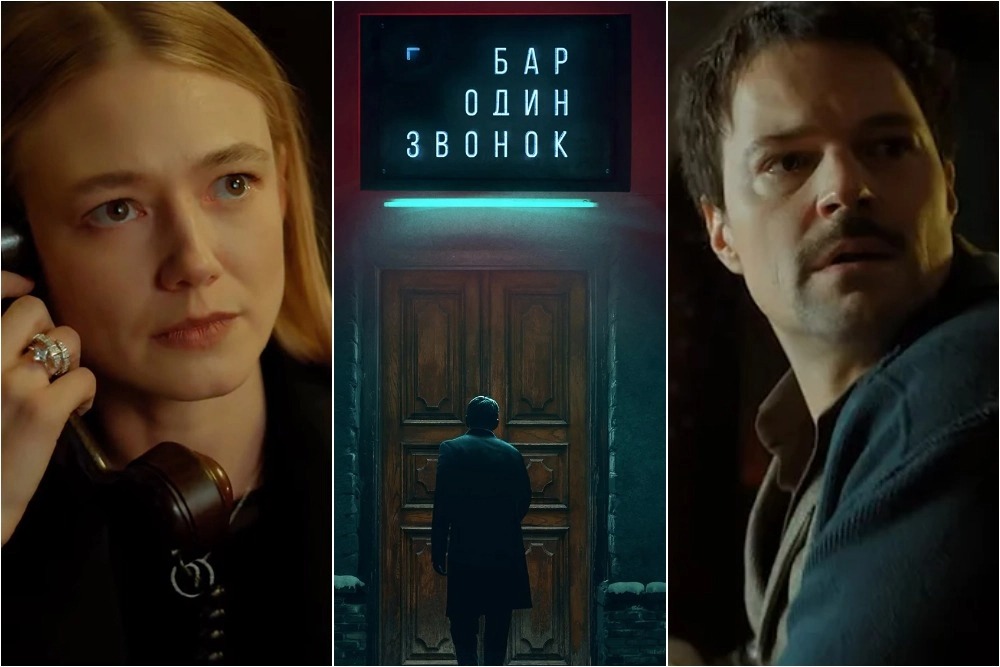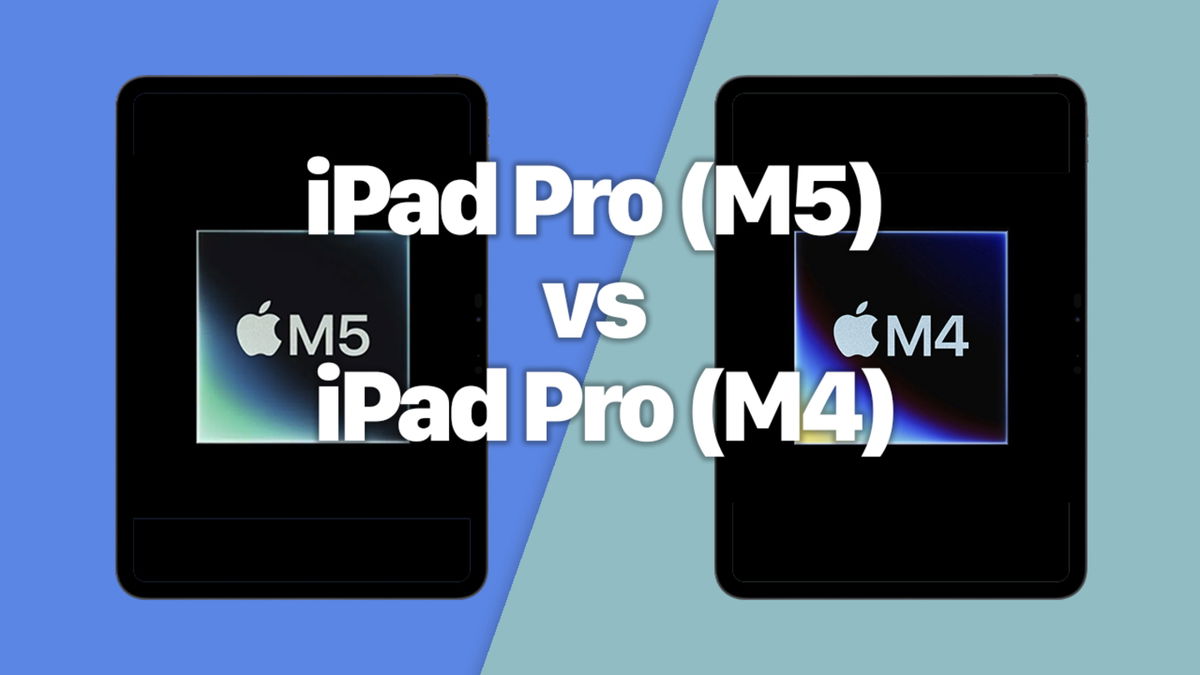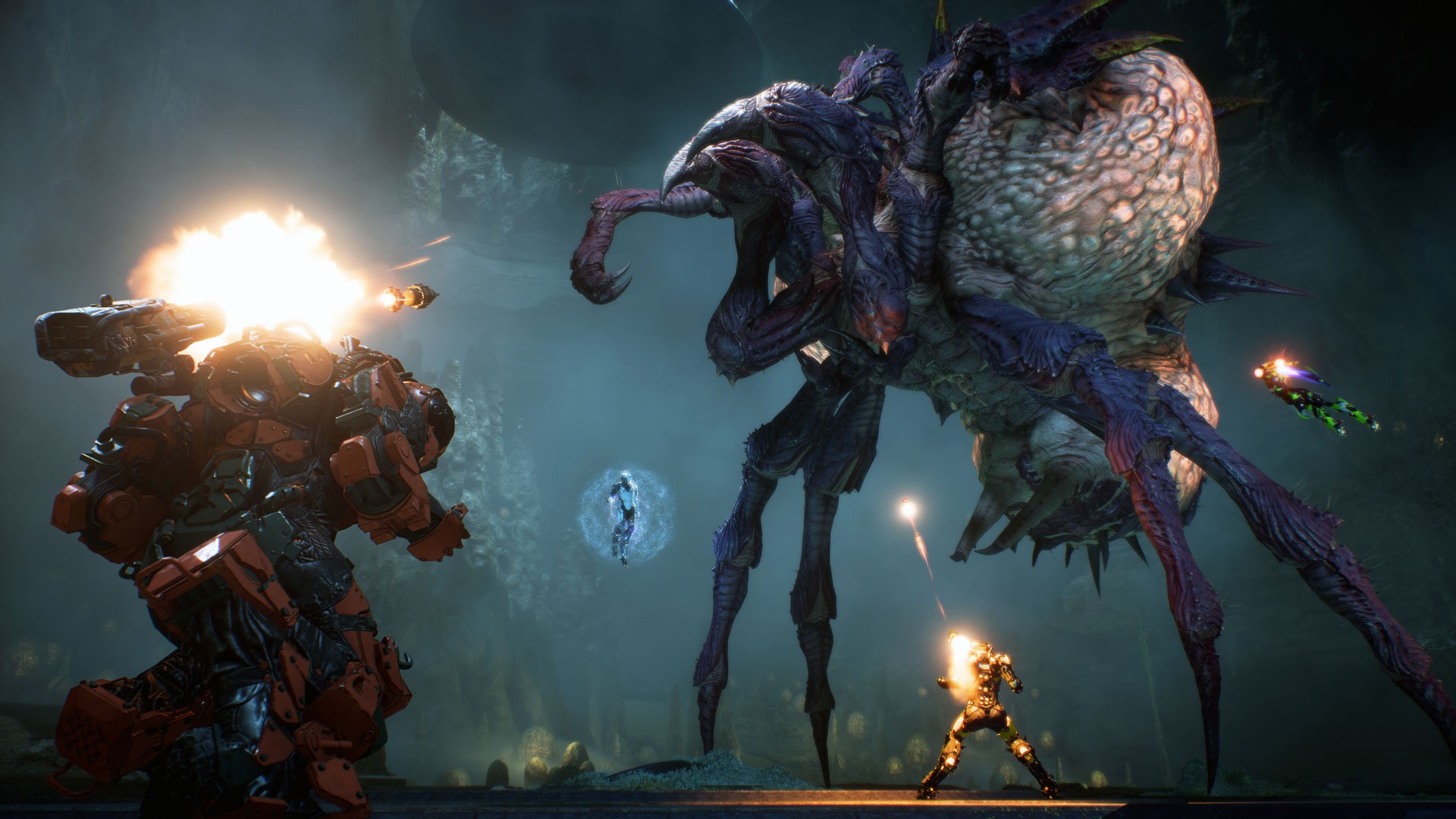In the industry, games fail all the time. Usually they are associated with various circumstances, and problematic games often become obvious at the announcement stage.
However, the most interesting cases are when we play by ear, when many trailers appear at each of our presentations, and the result is scandals, low sales and other consequences of failure.
Today we will look at five cases when not a single high-profile PR, not a single other name saved projects from fiasco after their release.
1. Deceptive Aliens: Colonial Marines
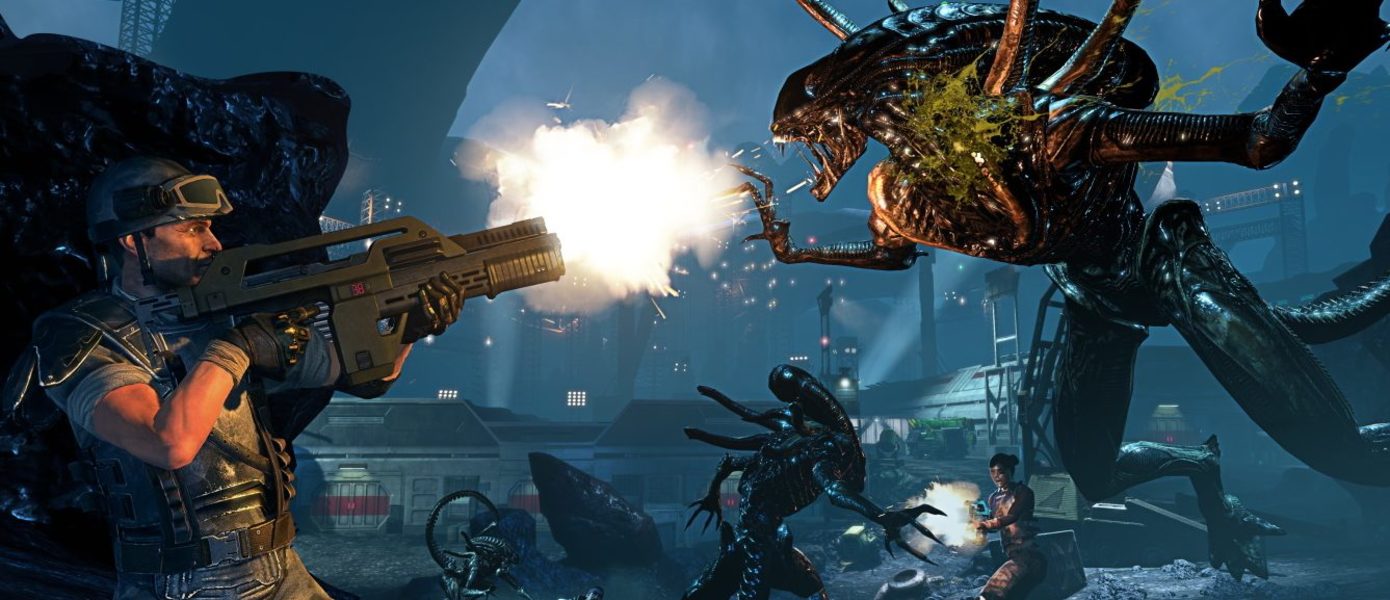
As a fan of this franchise, I’m looking forward to the game’s release. At that time, in 2008, there were no good games or films based on the Aliens universe. But SEGA acted as the publisher and Gearbox as the developer. In addition, actors from the movie “Aliens” took part in the creation of the game.
The project is planned to be released in 2009. The plot was perfectly written in the canons of the film, so expectations from the game were very alarming.
However, the release took place only in 2012 and immediately caused a loud scandal. The fact is that the game turned out to be completely different from what its manifestations were observed in trailers and demo versions. Instead of a dark horror shooter with clever and dangerous manifestations, we got a passable shooter with a bunch of bugs, broken artificial intelligence and poor lighting. Aliens: Colonial Marines simply didn’t work at launch.
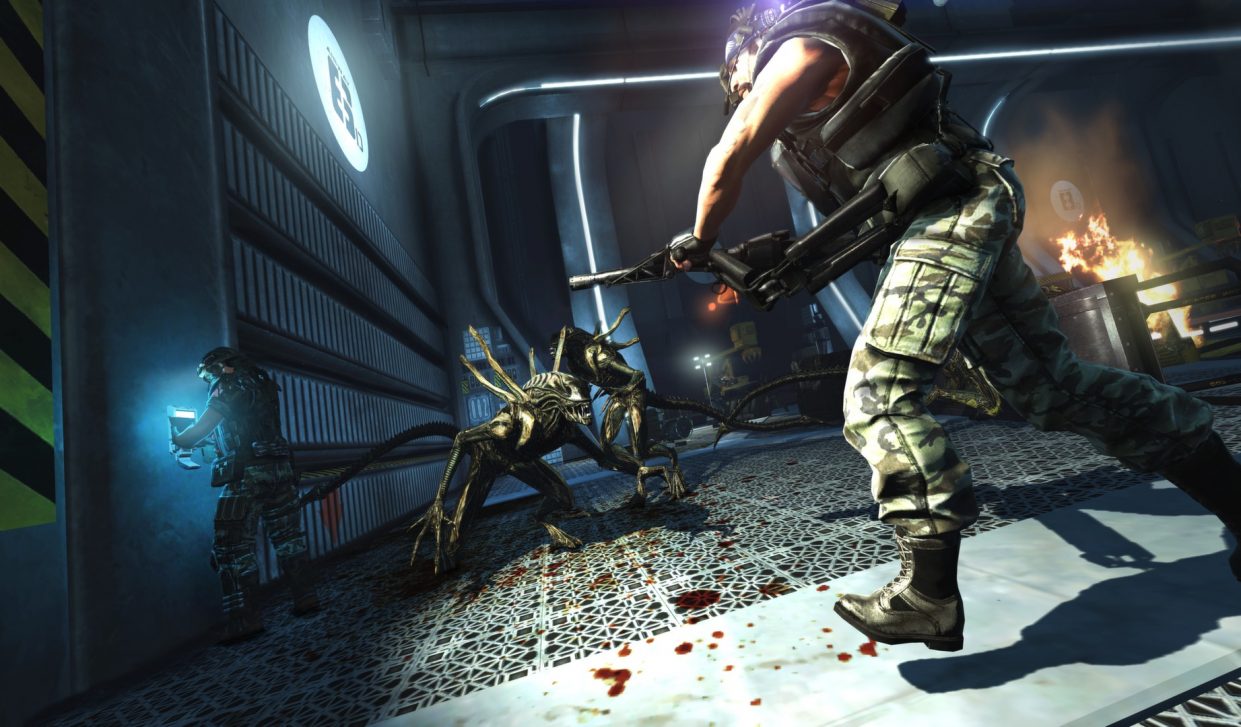
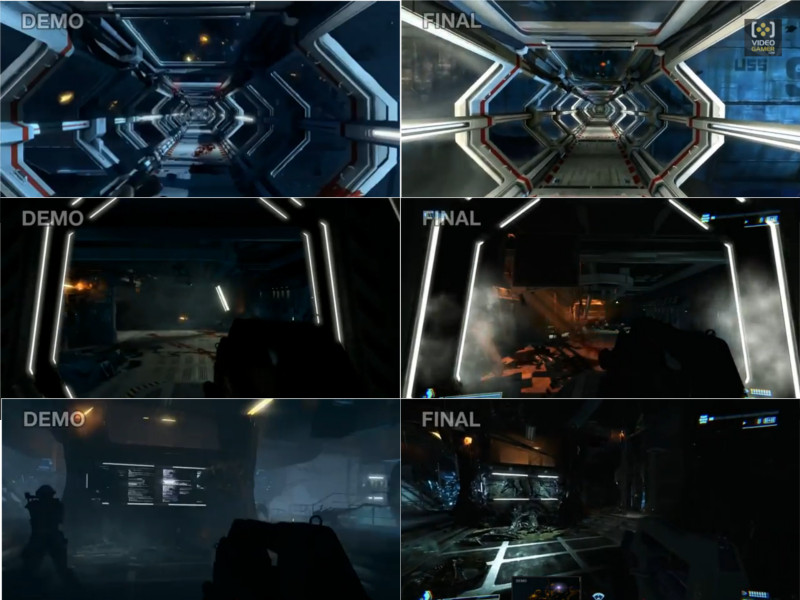
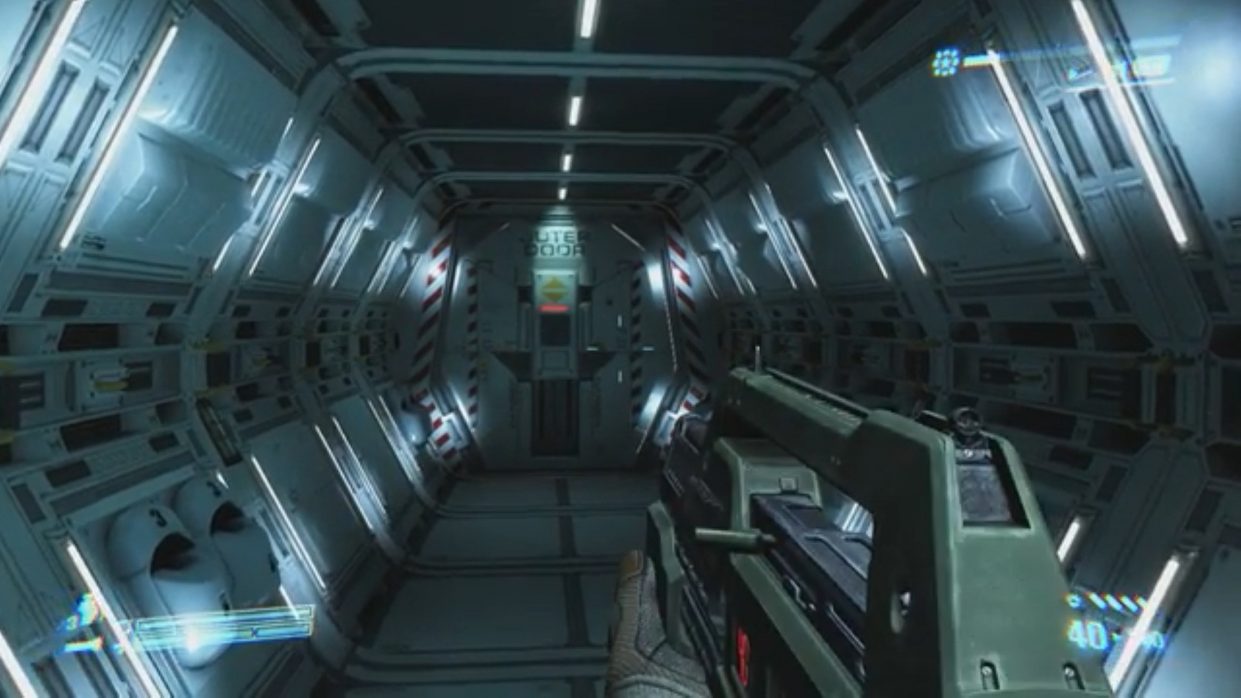
Who is to blame for this situation? Gearbox and its leader Randy Pitchford. Randy Pitchford is an interesting person, to put it mildly, and there were many interesting situations with her (including, by the way, chases). However, the approach to developing the most anticipated Alien shooter turned out to be truly legendary.
During development, Gearbox had unexpected success with its previous game, Borderlands. Randy Pitchford made an important decision: SEGA was allocated money and a third-party studio, TimeGate, was hired. They were the ones who were quietly developing the project. And Gearbox itself began making a sequel to Borderlands.
However, the TimeGate studio constantly missed time, often did not get in touch and felt strange. As a result, in 2011, Gearbox returned to independent development and within a year assembled a game from the developments that TimeGate managed to make from 2009 to 2011. Naturally, no one was going to test and polish the game before release. SEGA no longer collaborated with Gearbox, the TimeGate studio soon closed, and Randy Pitchford was dragged through the courts for several more years.
2. Scary Assassin’s Creed Unity

It’s hard to think about, but even the Assassin’s Creed franchise has had its share of failures. Unity is not the worst game, but there were so many problems with its release that Ubisoft, as a monument to even the convicted person, was able to get their games for free.
Players were eagerly awaiting the new part of Assassin’s Creed, because we promised an exciting story, set during the French Revolution of 1789, and the most realistic Paris that will begin the action.
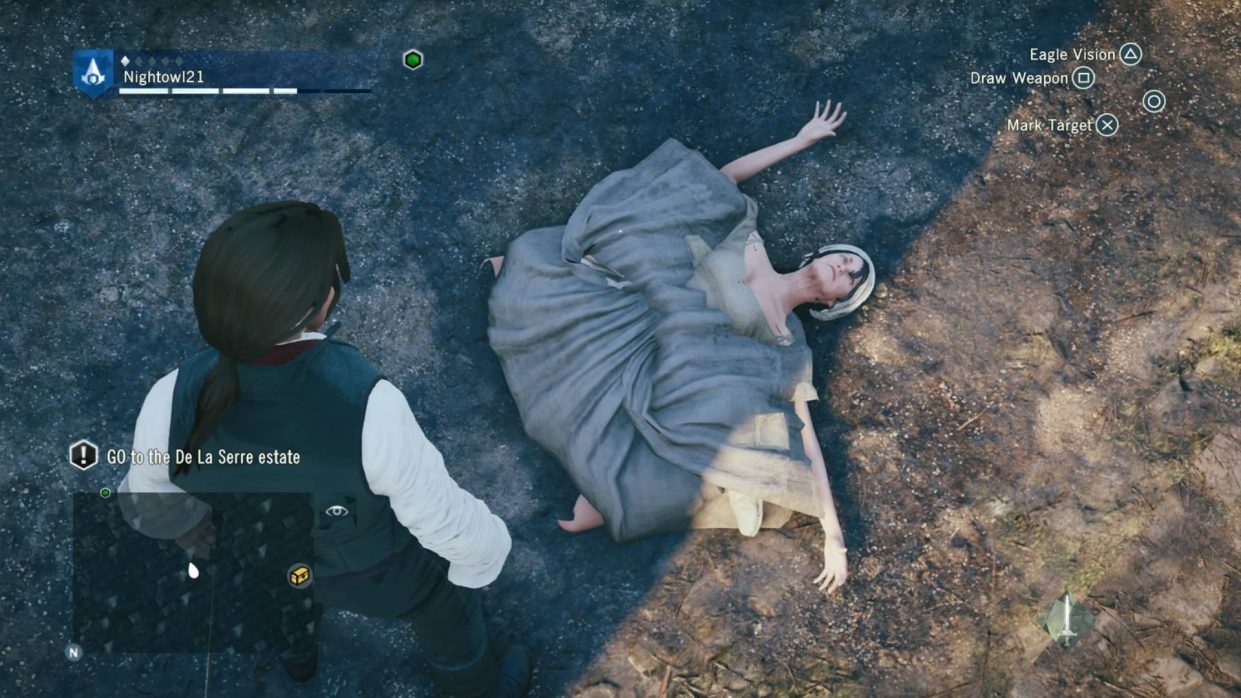
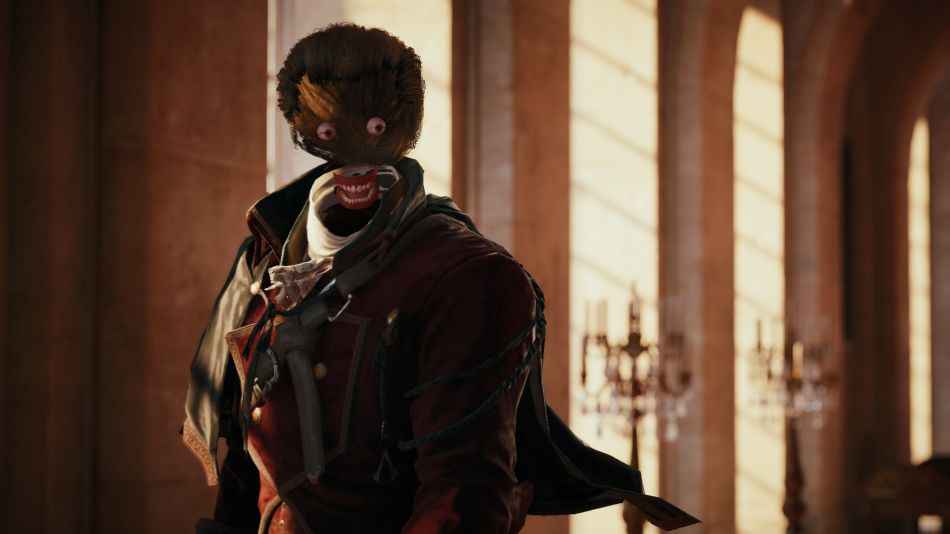
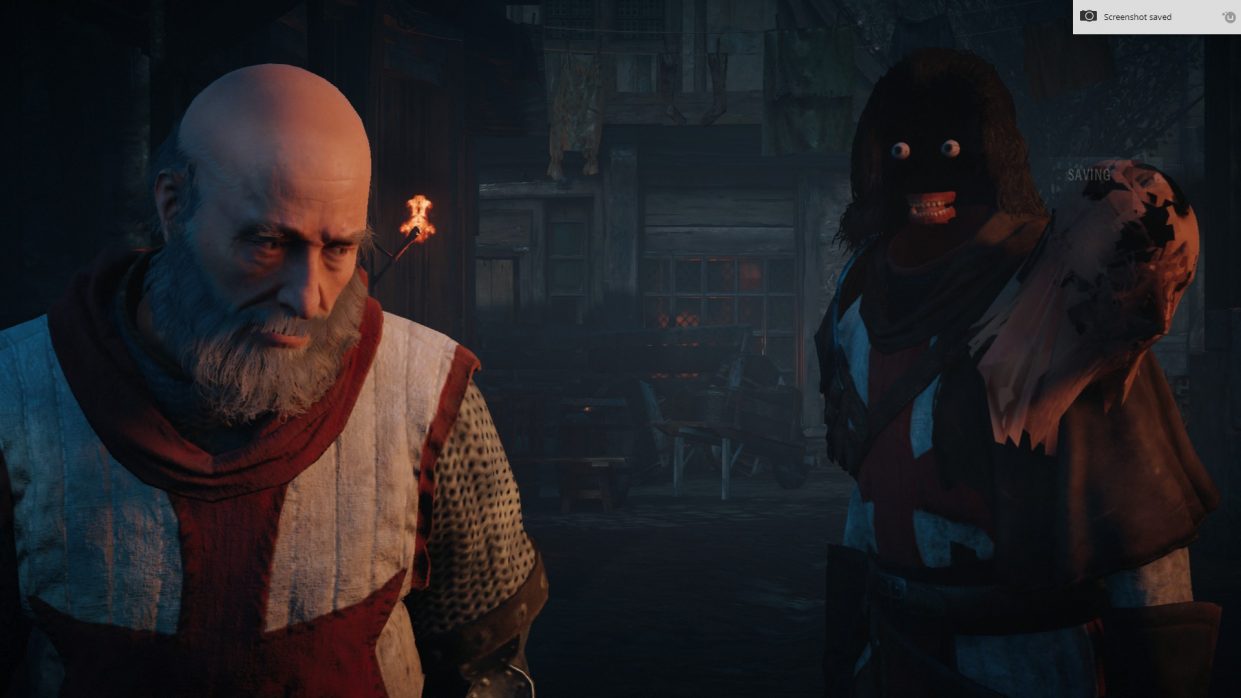
And all this was on release. However, this was accompanied by an abundance of recent bugs. The game suffered from constant frame rate drops, facial animation errors (at this moment the story about assassins turned into body horror) and generally worse quality of execution. Assassin’s Creed Unity constantly crashed with an error, slowed down and was unpleasantly buggy, the plot scripts broke and did not allow progress.
They also criticized the bland plot, which is inferior in quality to the traditional games in the series. It’s a big deal that Ubisoft hasn’t been able to fix. But the complex component was eventually fixed after several patches.
Although the failure of Assassin’s Creed Unity did not kill the series and did not have any serious consequences on a global scale, it was a strong reputational blow for the series and the developer, which gamers still celebrate.
3. Painful Death Anthem

In 2017, news spread among gamers that Bioware was working on a new project called Anthem. This was the studio’s first independent project in a long time.
The game’s trailers promised an exciting cooperative third-person shooter, with players donning exoskeletons and interacting with alien creatures. The anticipation for this game was constant, because at that time Bioware was at the height of its glory, and no one thought that the developers of such great games as Mass Effect could make a mistake.
As it turned out, they could and how. Despite loud statements about the most ambitious project, the involvement of Drew Karpyshyn herself (players love his script for Star Wars: Knights of the Old Republic and Jade Empire), and accompanying merchandise even before the game’s release. They used everything as advertising, they even drew a comic book prequel to the main plot.
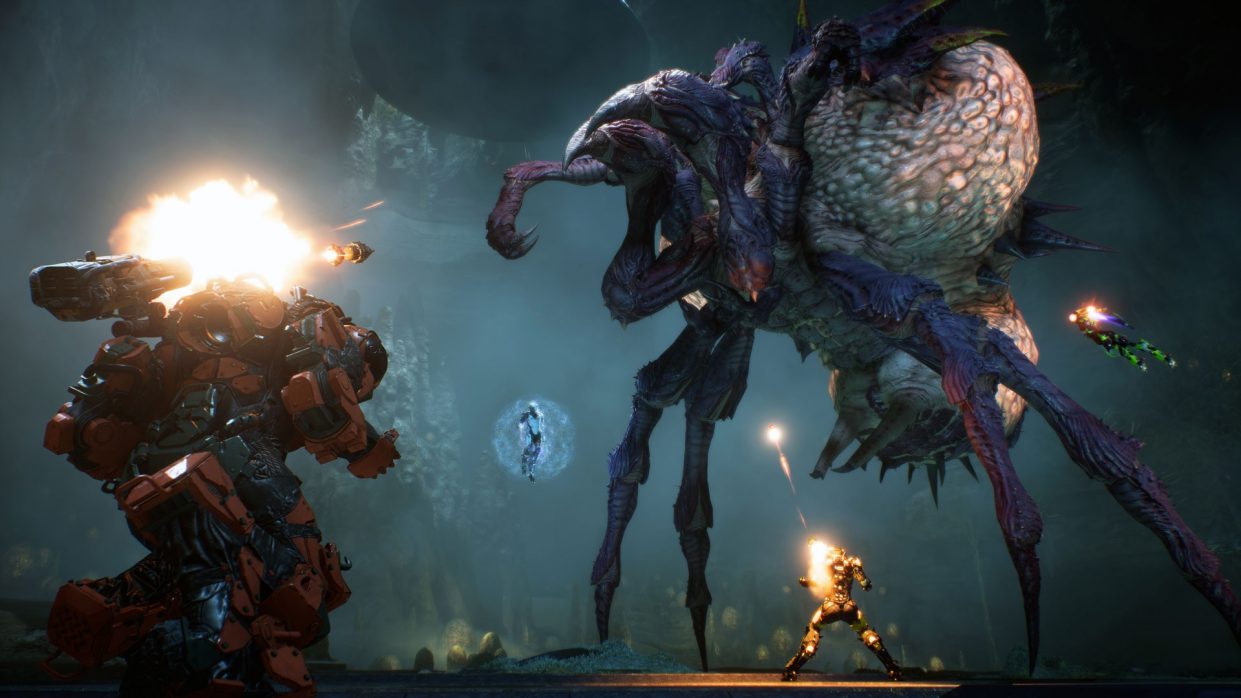
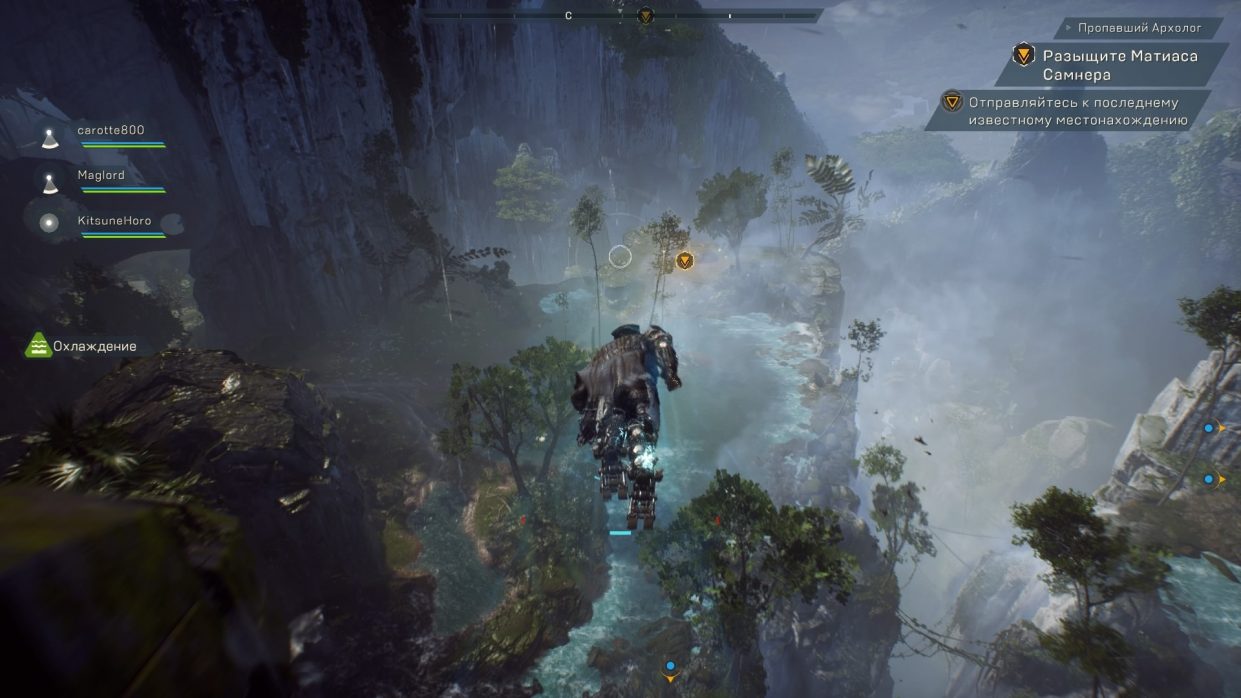
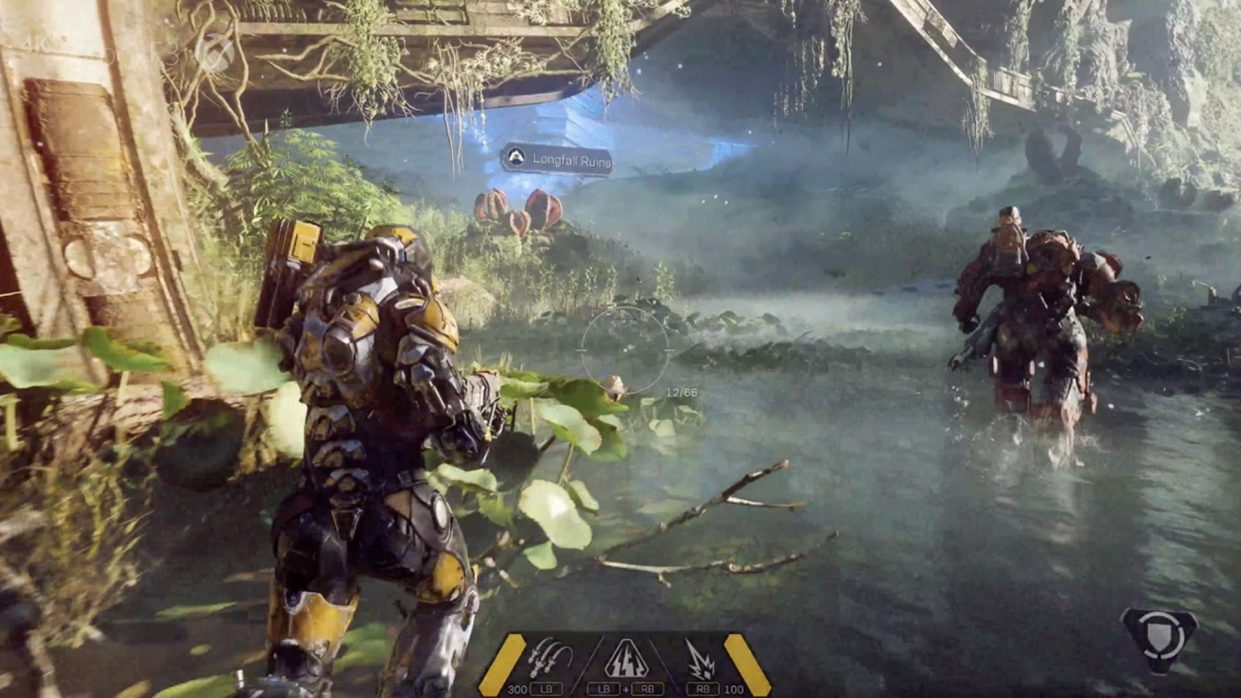
However, the first alarm bells came from journalists who received a 4-hour preview version. Everyone noted two factors: beautiful graphics and an acute lack of interesting content just a couple of hours after the start of the game.
The release revealed that in addition to pleasant shooting and flight mechanics (in addition to the beautiful graphics) there’s really nothing in Anthem. The plot is short, boring and unfinished, the gameplay even with friends gets boring after a couple of hours. All this does not fit with the developers’ statements about a cool and large-scale project.
But the problems didn’t end there. In March 2019, I realized that Anthem was rebooting and crashing the PlayStation 4 due to a coding error. On PC, the game is experiencing framerate drops and constant crashes. Players are starting to leave, and promised content updates are slowing down due to problems with development optimization. In May 2019, the game was officially declared a failure. The reason is simple: Bioware did not have a clear vision for the project. From 2012 to 2017, the game was remade from scratch at least three times; the final version with terrible crunch began to be assembled only in 2018.
In February 2020, development lead Casey Hudson announced that Anthem would be remade from the ground up. In the new version, they plan to leave only flights and the universe from the original. However, in December 2020, Hudson left Bioware without explanation. The global rework was canceled, and Bioware focused on developing another game.
4. Star Wars: Battlefront 2, the failure that changed the industry

This game became the biggest scandal. The events that occurred after the release of Star Wars: Battlefront 2 became known throughout the gaming industry and development, and finally, publisher Electronic Arts may be greedy. After this game, the word “loot box” became synonymous with the rudest curse word. But the players only wanted to get a continuation of their favorite shooter in the Star Wars universe.
The funny thing is that technically everything was fine with the game. It was a very beautiful, interesting and spectacular shooter from the George Lucas universe. They even brought in a cool single army. All the problems were hidden in the multiplayer, or rather in the progression system.
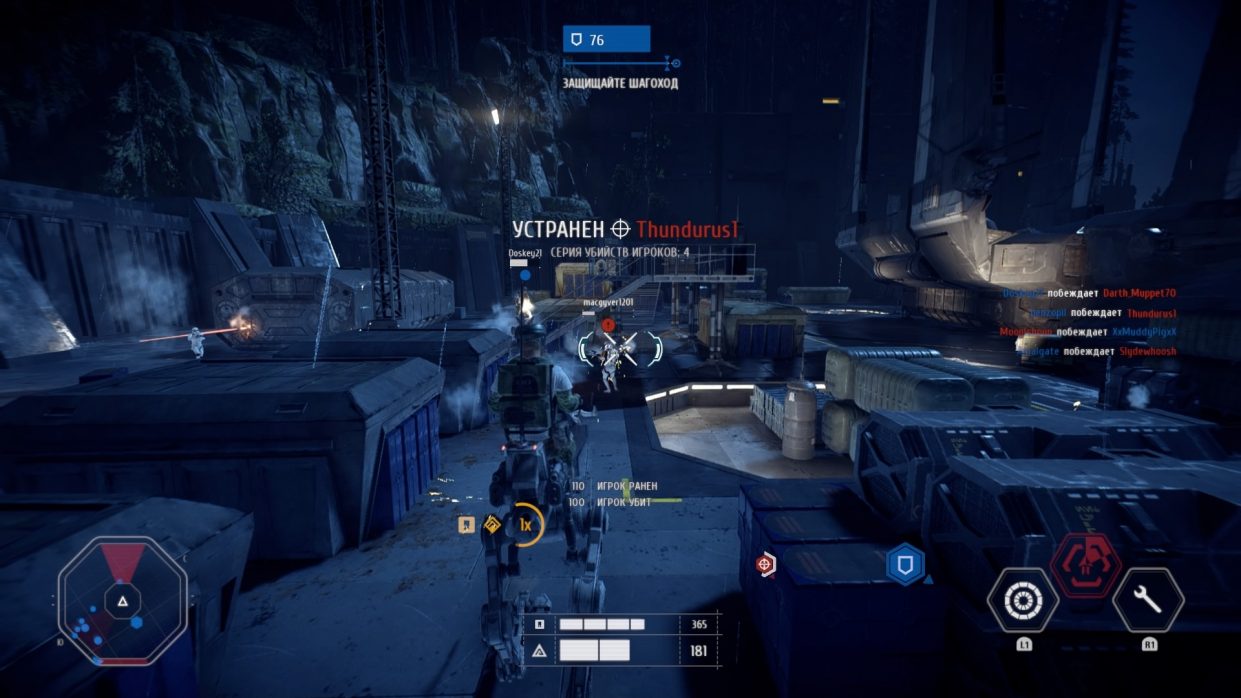
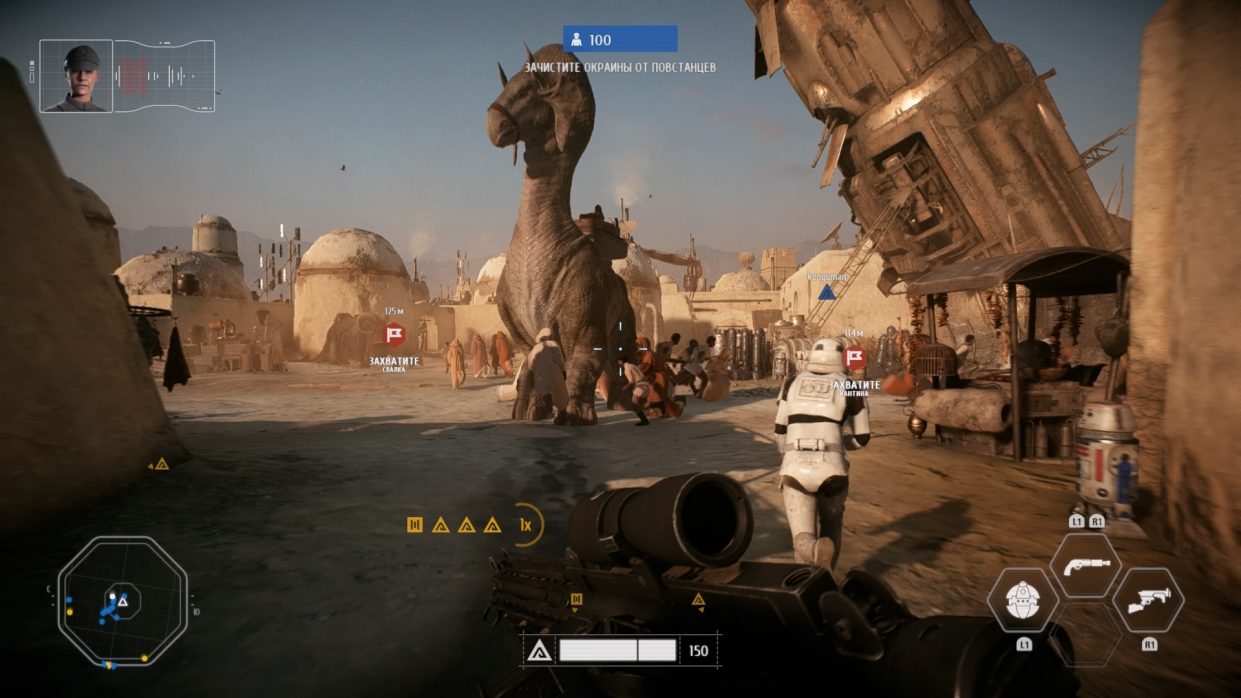
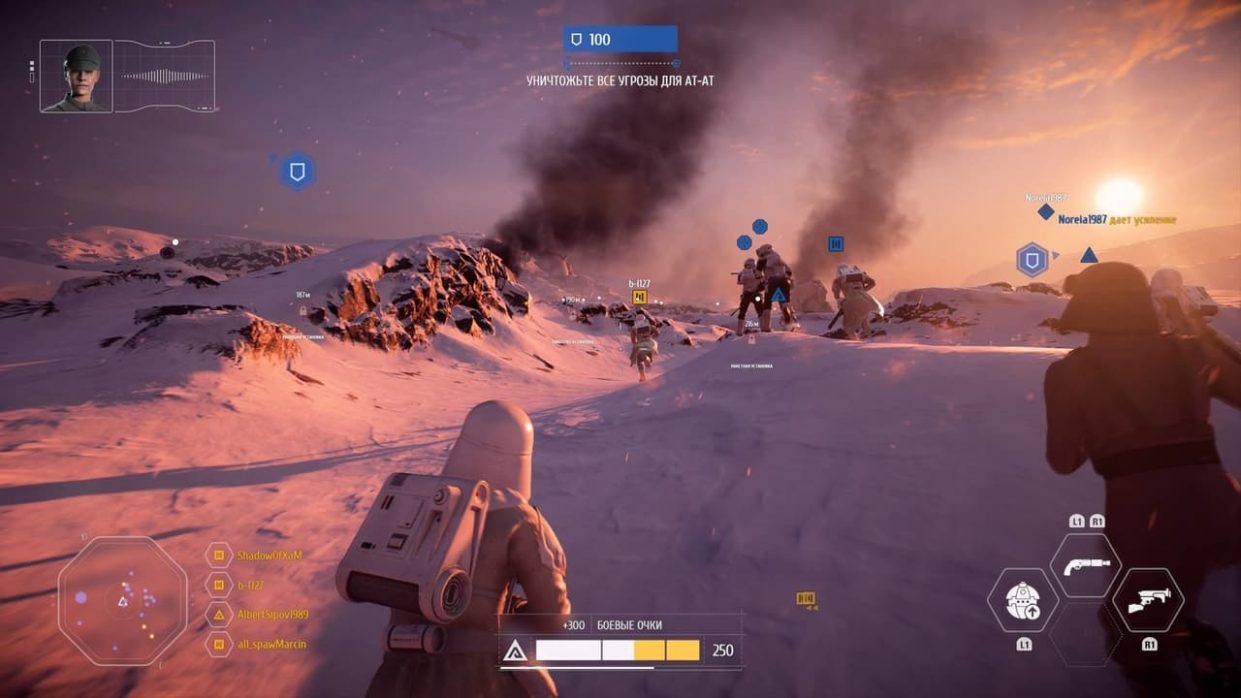
In this game, local progression was based on a system of “star cards” – this is something like equipment for a fighter. Such a card could be a grenade or temporary damage to the main weapon.
The problem was that these cards were random drops from loot boxes that could be purchased with real money. The more a player paid, the more likely they were to receive items that would give them an advantage in matches.
In addition, the game involved a lot of grinding (repeated actions) to obtain currency in order to communicate with characters. For example, Luke Skywalker and Darth Vader cost 60 thousand credits, which is approximately 35-40 hours of play. It was a lot, and between the loot boxes and the imbalance in multiplayer, the game became boring.
This caused a scandal that announced the launch of the gaming industry. Authorities in Germany, Belgium and Australia are paying attention to the game. They tried to equate the mechanics of loot boxes to a casino, which, to be honest, it is. A US senator asked to protect children from accidental purchases.
All this hype has led to a complete overhaul of the approach to loot boxes. Any announcement of modern games is accompanied by promises that there will be no loot boxes. The era of paid cosmetics without elements that affect gameplay has arrived.
5. Watch Dogs, which could not kill GTA

And finally, today we are still one athlete, when high expectations of trailers led to failure and deception of the developers. The announcement of the game, which was published in a hacker setting as an analogue of Grand Theft Auto, took place at E3 2012, where the game simply blew the minds of a large number of gamers. The project from Ubisoft (yes, there they are again) looked very promising.
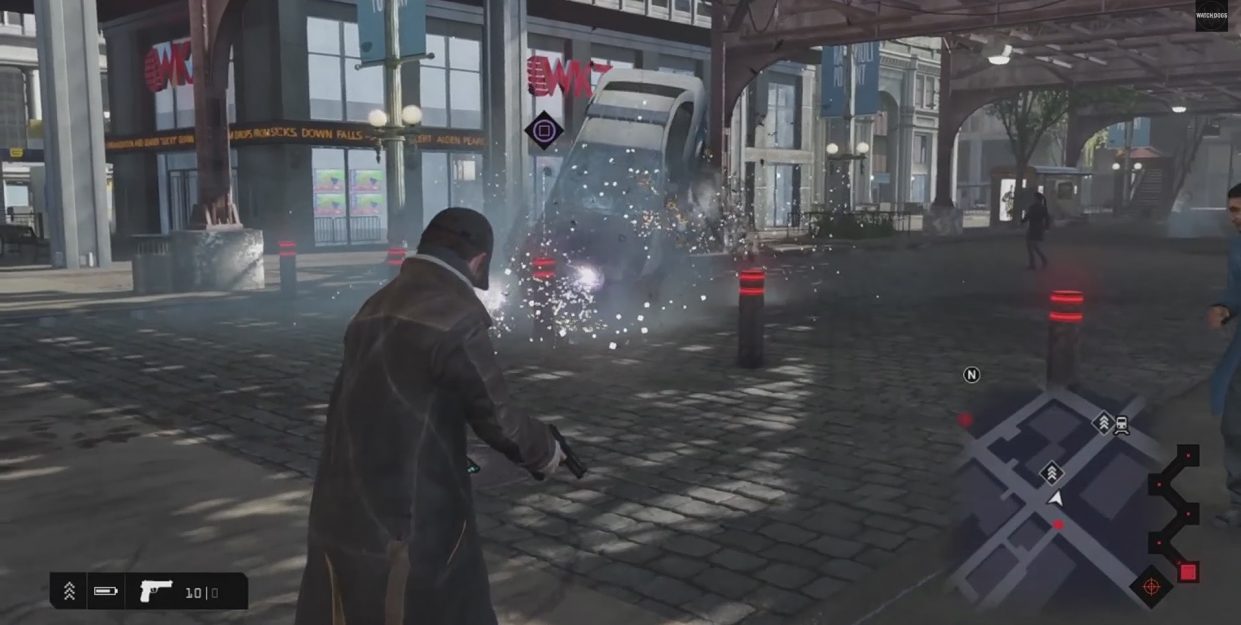
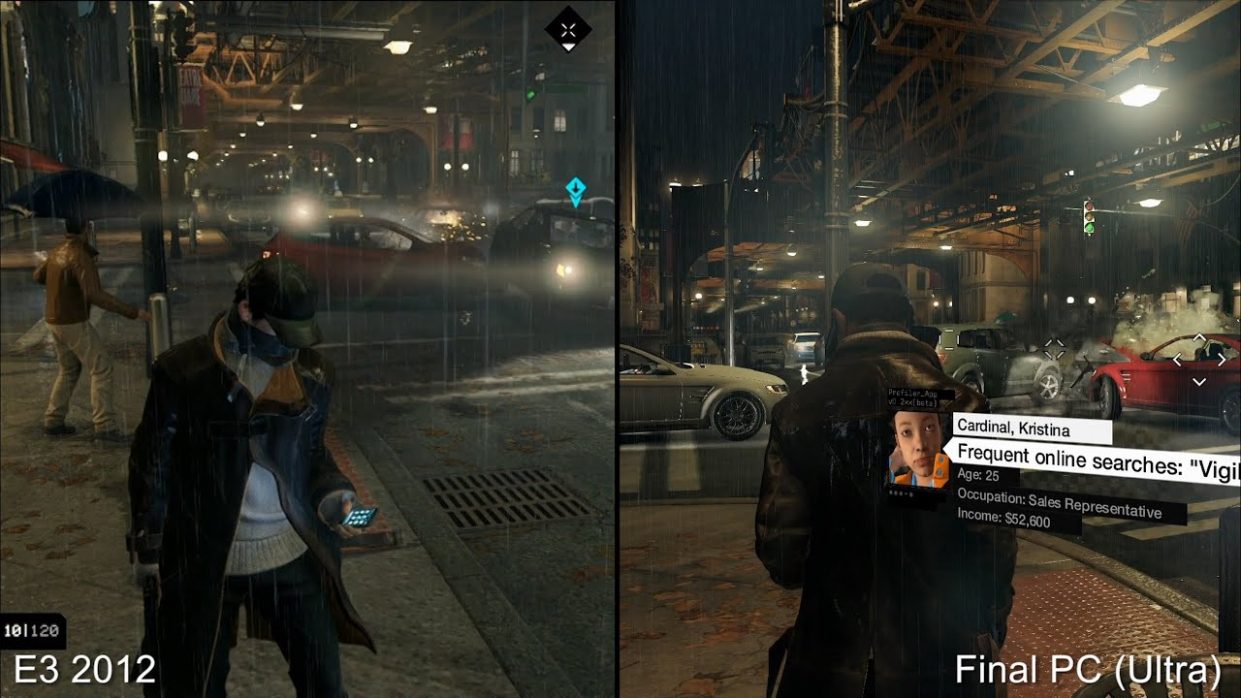
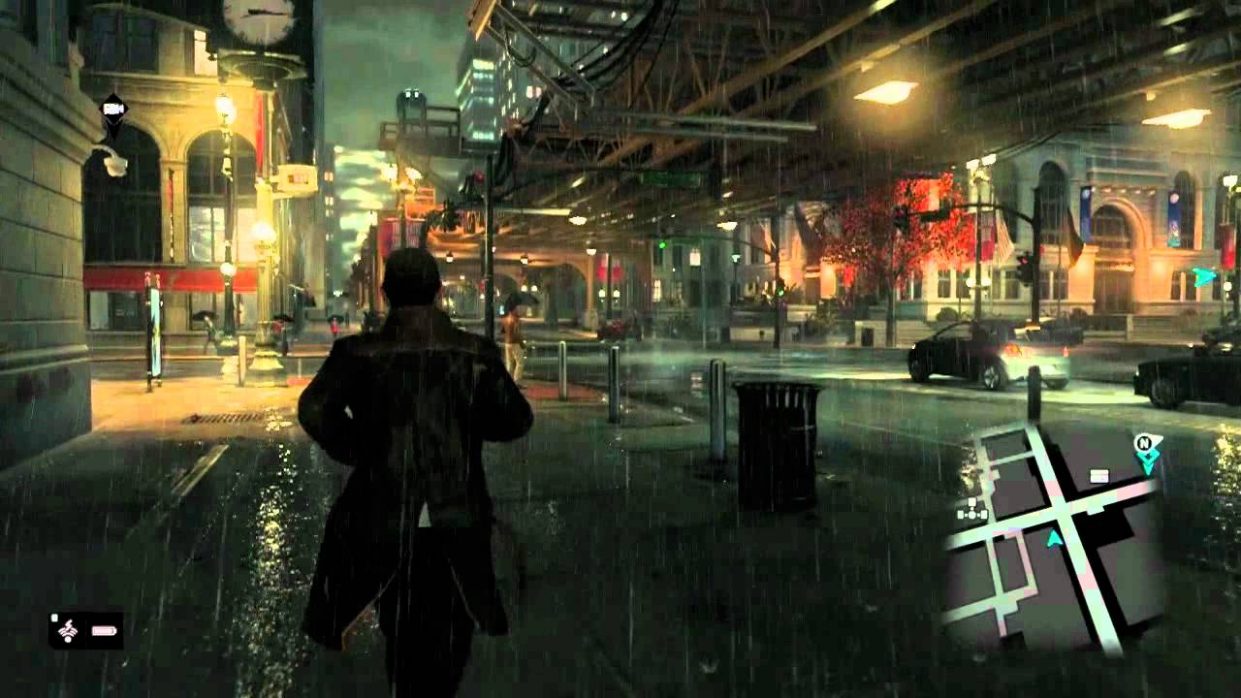
The trailers promised us stunning graphics, almost photorealistic for 2012, and innovative gameplay in which you could hack everything the hero sees using a smartphone. People were waiting for the game because of the plot – a powerful neo-noir action film about hackers in the near future.
However, the release version turned out to be significantly worse than what was shown in the trailers. The graphics were indoors, the dark lighting from the commercials was gone, and the plot was boring and bland. The game was monotonous, suffered from unfinished mechanics (for example, the promised hacking using a smartphone almost did not work as shown in the trailers) and could not captivate the player for long.
As a result, the project received a lukewarm reception, and Ubisoft for many years remembered the unfortunate events that destroyed the glory of GTA with the help of a fake trailer.
Developers can’t be trusted
In fact, there are many more similar projects. In this article I use only some of the most famous ones from recent years.
As always, I’d love to hear your comments and discuss other examples.
Good weekend!
Source: Iphones RU
I am a professional journalist and content creator with extensive experience writing for news websites. I currently work as an author at Gadget Onus, where I specialize in covering hot news topics. My written pieces have been published on some of the biggest media outlets around the world, including The Guardian and BBC News.

